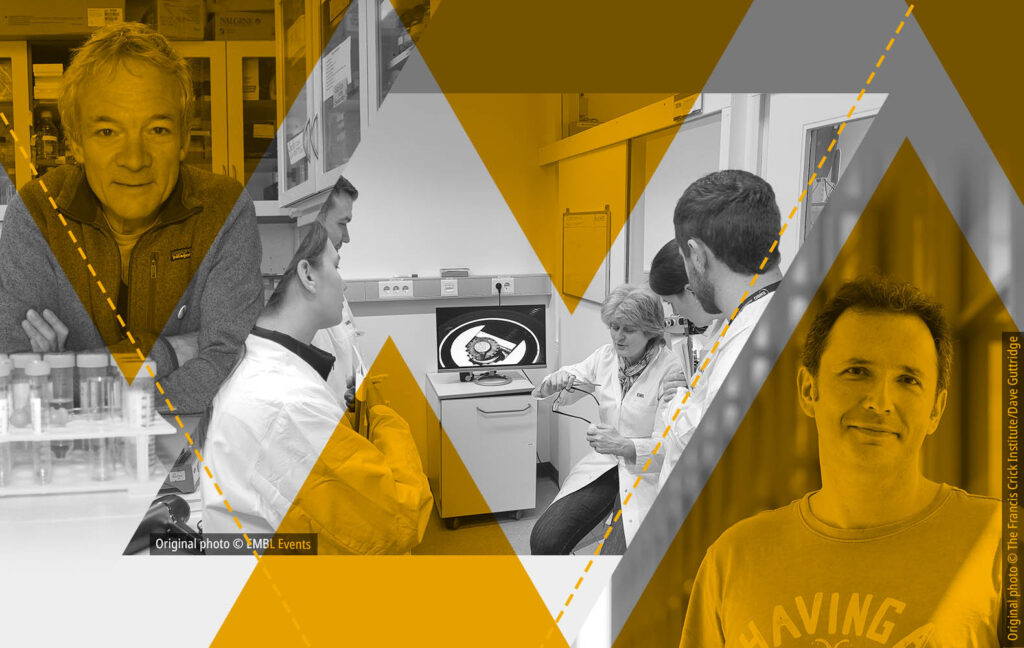19 September 2024 – EMBO Courses & Workshops have had a profound impact on tens of thousands of life scientists, especially early career researchers. The programme provides opportunities for exchanges about the latest developments in the life sciences and training in new techniques, equipping researchers in Europe and beyond with knowledge and skills essential for their careers. Established in 1966 with a first workshop and three courses, the EMBO Courses & Workshops Programme has grown significantly since then. In recent years, it has funded more than 80 meetings with more than 12,000 participants each year.
Nicolas Tapon, Chair of the EMBO Course Committee, comments: “The EMBO Courses & Workshops Programme supports scientific interactions and training on an amazing breadth of topics across the molecular, cellular, organ, organismal and population scales. It is a privilege to support such a diverse community and participate in the development of early career researchers.”
Several unique features make the EMBO Courses & Workshops Programme stand out. Its bottom-up approach—courses and workshops organized by scientists for scientists—meets the evolving needs of the community. It also aims to enhance scientific progress rather than profit, provides funding for practical training and has broad eligibility criteria. Organizers can be of any nationality and based in any country, but the meeting must take place in an EMBC Member State or Associate Member State, in countries and territories covered by a cooperation agreement, or in countries eligible for support by EMBO and The Company of Biologists.
Over the decades, changes to the programme have widened access. As more member states and cooperation partners joined EMBC and EMBO, courses and workshops became available in more locations. “The generous support we have received from EMBO has allowed us to offer two courses, the EMBO Global Lecture Course Small brains, big ideas and the EMBO Practical Course Developmental Biology, and to cover all costs for students and participating faculty. Both courses have been offered every two years since 2010 and have trained approximately 150 students from all over Latin America,” says John Ewer, course organizer and professor at Universidad de Valparaiso, Chile. He notes that there are no similar courses in Latin America, so students would otherwise have to apply to courses in the US or Europe, which are difficult to get into and expensive. Further initiatives to improve access are childcare grants, travel grants, accessibility grants and registration fee waivers.
Partnerships have played a crucial role for the success and widened reach of the programme. The Federation of European Biochemical Societies (FEBS), already a co-sponsor in 1966, co-funds lecture courses today; The Company of Biologists co-funds workshops, practical and lecture courses in Brazil, Canada, China, Japan, Mexico and South Korea; and the DBT/Wellcome India Alliance is a partner for lecture courses in India.
The EMBO Courses & Workshops Programme has supported the life sciences community by fostering interactions and providing training that meets the evolving needs of the scientific community. With its flexible approach it will remain a cornerstone of exchange and training in the life sciences for years to come.



